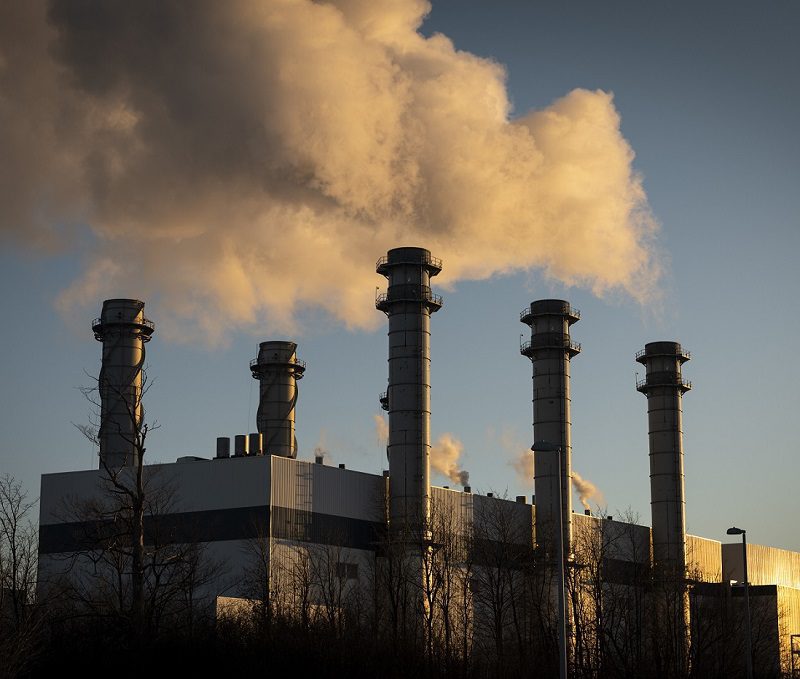Last week’s decision by President Biden to kill the Keystone XL pipeline once and for all raises important questions about whether and how Canada will take care of workers and communities dependent on fossil fuels such as oil and gas.
As the world takes climate change increasingly seriously, fossil fuel sectors like oil, gas, and coal will shrink. Jobs and economic benefits from Canada’s oil and gas development will continue to decline. Denying that reality is like burying your head in the sand—it won’t make the problem go away, it’ll just make us ill prepared, and make the inevitable pain worse for workers and communities.
A new report from Environmental Defence shows that this transition is entirely manageable. Canada can and should plan the phase out fossil fuels, prepare for the economic transition, and protect those most impacted.
As those working in the oil patch already know, the job transition has already begun. Between 2014 and 2019, 33,000 workers lost their jobs in fossil fuel sectors—mostly oil and gas—despite increasing production. In the first 6 months of last year’s pandemic, a further 17,500 jobs were lost. Fossil fuel jobs now represent less than 1 per cent of the Canadian workforce.
It is also worth noting that Canadian unemployment went down over this time—and unemployment went up when oil and gas was booming in the early 2000s—so it’s clear that fossil fuel sectors, including oil and gas, are not the engine of the Canadian economy as some claim.
These jobs aren’t coming back. Several major Canadian petroleum companies have announced permanent layoffs in the last year, including Ovintiv (formerly Encana), Enbridge, and Suncor. The merger of Husky and Cenovus will eliminate one-quarter of their workers.
Every lost job is devastating for a worker and their family. Planning the labour transition will mean less pain and disruption because we will support these workers to find new jobs and get training as needed.
The task is entirely manageable for several reasons. A planned 20-year phaseout means lots of time for workers, communities, and governments to prepare. Because the workforce is older than the Canadian average, more than half the workers will retire over that timeframe.
But also, job creation in the Canadian economy overwhelms job losses in fossil fuels. For every job lost in fossil fuels in the last six years, the Canadian economy created 42 jobs. In fact, it takes the Canadian economy 10 days to create the number of jobs that will be lost annually as we transition away from fossil fuels.
Canada also has historical examples to show that even larger labour transitions have occurred without major disruptions. The downturn in Canada’s manufacturing sector in the 2000s resulted in three times the job losses over half the time period compared to what we are projecting will happen in fossil fuels. On a more positive note, women entered the workforce en masse in the last half of the 20th century and were a positive economic force for the country.
Of course, the best way to undertake this transition is to plan for it, and then support workers and their communities that are affected. This phaseout and transition has successfully been planned for fossil fuel sectors in countries such as Germany, the Netherlands, and Spain.
Certain principles should be applied to plan and facilitate that transition. These principles include: support for increased labour mobility; incentives for early retirement; income protections for affected workers; skills training; and stronger representation for workers in negotiating transition plans. Planning and support is also needed for communities that are more dependent on fossil fuels. (Watch for a forthcoming blog that elaborates on the 10 principles from our report.)
The phaseout of fossil fuels and the jobs they create is already occurring around the world. Pretending that oil and gas jobs are coming back will only make things worse—the inevitable dislocation will be “sudden, destructive, and out of control.” Instead, Canada can take serious climate action and care for those that currently depend on fossil fuel industries.







